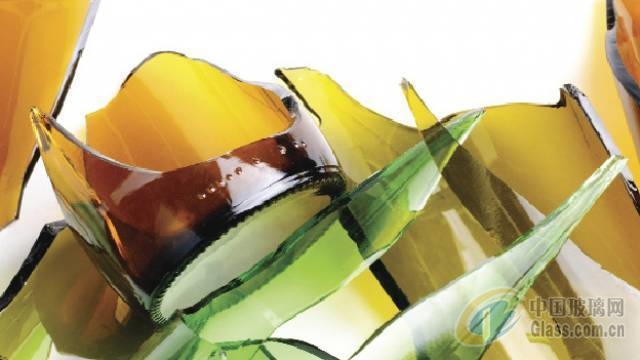Post Time:Oct 12,2016Classify:Industry NewsView:623

The report points out the need to safeguard consumer safety by making sure that materials in contact with food such as packaging are safe for health, whether or not they are produced with recycled materials.
The circular economy package, calling for higher recycling rates for all packaging materials, can pose a safety challenge for food contact materials. The future recycling targets for all materials under the Packaging & Packaging Waste Directive (94/62/EC) must be accompanied by adequate control measures to ensure this safety aspect, but also to avoid that the use or reuse of FCMs made from recycled products leads to a higher number of contaminants and/or residues in the final product.
In order to guarantee safety while increasing recycling rates, a stronger traceability of chemicals intentionally used in the production of materials in contact with food is needed. A robust and harmonized assessment of the inherent migration properties of all recycled materials in contact with food is essential for consumers to fully back the principles of the circular economy. “We have no problem in recycling more and more glass because permanent and inert materials allow for this” – states Adeline Farrelly, FEVE Secretary General. “That is one of the reasons why the industry is investing in closed loop recycling”.
Inert materials that can be endlessly recycled without any risk for food contact do present certain benefits for the end-consumer. “Permanent materials that can be endlessly recycled without losing any of their intrinsic properties of inertness and impermeability should be acknowledged by legislation and supported by policymakers”, continues Adeline Farrelly. The recommendations being made by the European Parliament’s Report are encouraging and we hope to see these principles endorsed in the waste legislation”.
The report on the implementation of the Food Contact Materials Regulation was drafted by Rapporteur MEP Schaldemose and approved by the European Parliament this week.
Source: www.glassonline.comAuthor: shangyi